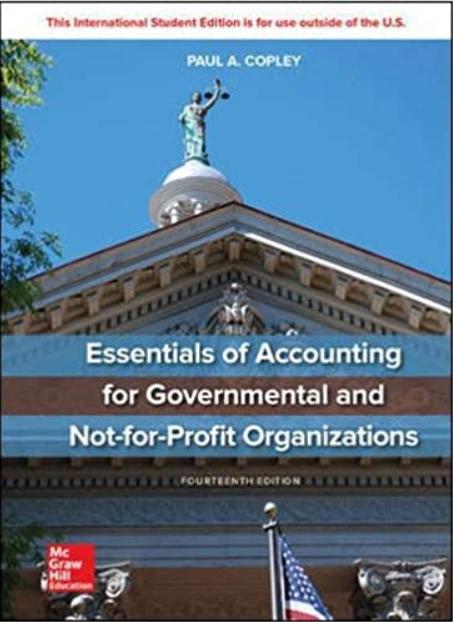Question
a brief Puzzle & Gaps (P&G) note based on the assigned paper. The main text content for the assigned papers are normally 15 to 20
a brief Puzzle & Gaps (P&G) note based on the assigned paper.
The main text content for the assigned papers are normally 15 to 20 some pages long (depending on the page design and space format), which means the reading burden for every paper would be more or less the same. The full paper itself may be much longer including appendix such as theorem/proposition proof, which is not required (meaning you can skip this part). Don't be scared by those econometrics models in the papers, you only need to focus on the non-methodology part of the papers, and you do not have to fully understand the empirical models, but you do need to understand the results and the interpretation.
Although the papers range from analytical discussion to empirical research, the note prepared should all convey some provocative reflections on the reading, and connecting to what you have learned in the class. Specifically, the note may be organized around a student's puzzlement at the argument that the authors are making. These reflections may take one of the following forms: 1) it might identify gaps in the existing literature and, in turn, research opportunities; 2) the note could focus on application and examine ways in which the conceptual material may provide insight into some important business phenomena; or, 3) alternatively, how an important business phenomena points to gaps and weaknesses in the theoretical ideas. These notes should not merely, or primarily, restate the arguments of the authors'. In writing these notes, you should provide a fresh and provocative take on the reading, and you should indicate in-depth understanding of the theoretical framework you've learned and utilized to provide arguments in your notes.
Assigned Paper is : https://sci-hub.tw/10.2307/2098076
Market Structure, Oligopoly, and Stability of Market Shares
Author(s): R. E. Caves and M. E. Porter
Source: The Journal of Industrial Economics, Vol. 26, No. 4 (Jun., 1978), pp. 289-313 Published by: Wiley
Stable URL: https://www.jstor.org/stable/2098076
Accessed: 14-04-2020 14:13 UTC
Step by Step Solution
There are 3 Steps involved in it
Step: 1

Get Instant Access to Expert-Tailored Solutions
See step-by-step solutions with expert insights and AI powered tools for academic success
Step: 2

Step: 3

Ace Your Homework with AI
Get the answers you need in no time with our AI-driven, step-by-step assistance
Get Started


